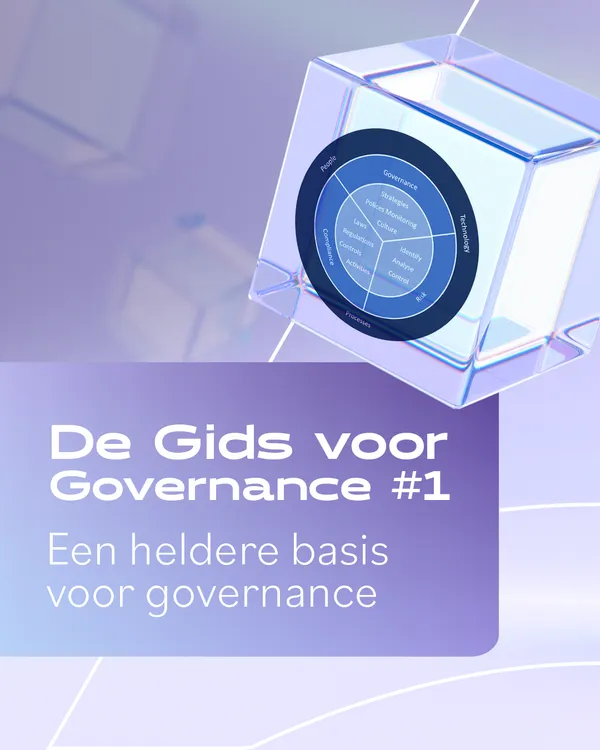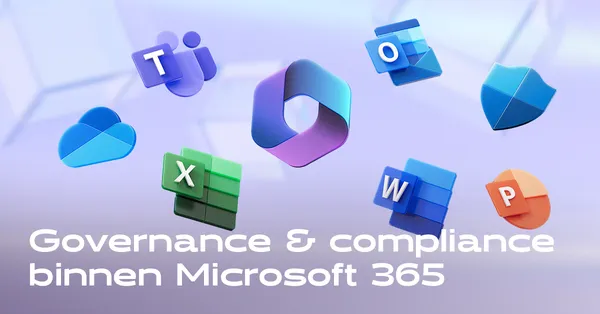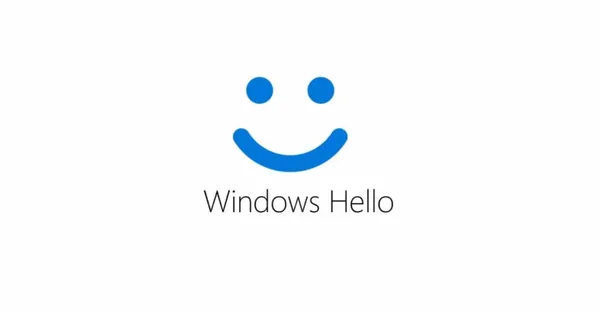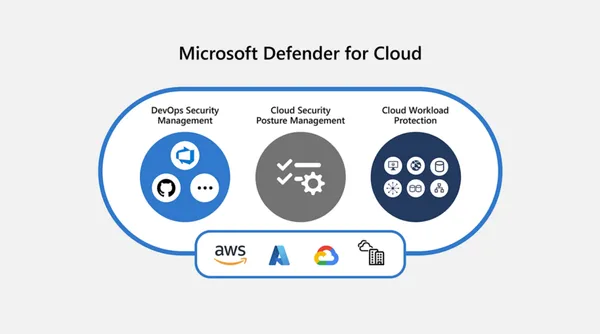
Knowledge base
February 16, 2022
The internet is apparently friendlier now than it has been for years
Microsoft research shows ‘online politeness’ is at its highest point since 2016
If you feel like the internet is a fun place right now, then you’re not alone, at least according to a Microsoft study claiming that after a tumultuous few years, things are looking for netizens.
The company’s study asked teens ages 13-17 and adults ages 18-74 in 22 countries about their exposure to online risks in four categories (reputation, behavior, sexual, and personal/intrusive); their experience of life online; and about interactions related to these things.
From there, Microsoft generates a so-called DCI score, where lower is better (like golf), from 100 to zero. Over time, the score can be used as a proxy to track the overall health of internet politeness.
In 2021, the DCI score was 65%, a 2% improvement from 2020 and the best score since 2016, despite some concerns that anyone forced inward has relegated the online discourse. Interestingly, Microsoft also breaks out country-level data .

Being online is better for some
Unsurprisingly, being online is better for some than others — and you can probably imagine who.
According to the study, those who identified as male experienced fewer negative outcomes than those who identified as female.
In the “worry” and “pain” categories, the differences were large: 67% of women reported feeling worried, compared with 58% of men, while 39% of women reported feeling pain, compared with 31% of the men.
As Microsoft points out, this kind of gender-based analysis is essential to creating safe online spaces for everyone, something that clearly needs work even in 2022.
“This year’s DCI improvement was led by teenage boys and male respondents, who overall reported being less exposed to online risks than female respondents,” Microsoft said. “Teen boys, for example, saw a 5% decrease in trolling and unwanted sexting, and a 3% decrease in hate speech compared to last year’s results.”
“In contrast, teenage girls and female respondents reported that they were both more exposed to online risks and felt more severe consequences as a result,” the report continues. “Women experienced nearly 60% of all risks reported in 2021, a record high, and were also more likely to have experienced consequences, worry or pain as a result of uncivilized treatment.”
Source: tech radar
Want to know more?
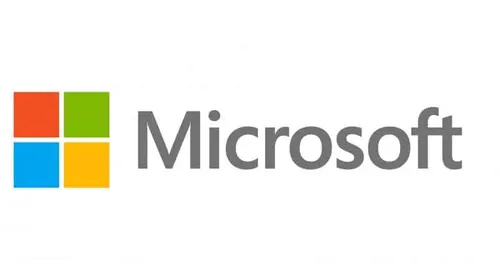
Related
blogs
Tech Updates: Microsoft 365, Azure, Cybersecurity & AI – Weekly in Your Mailbox.

